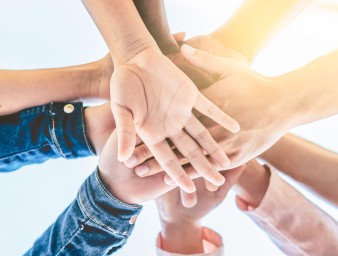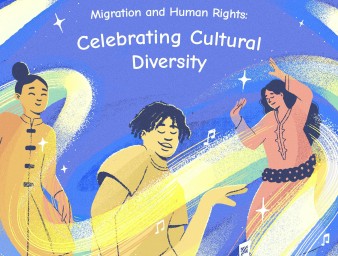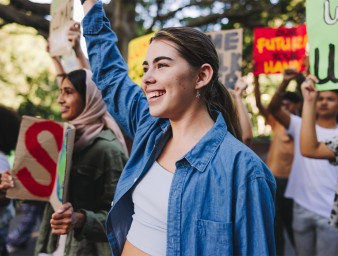Taking complaints from children into the international arena
03 January 2012
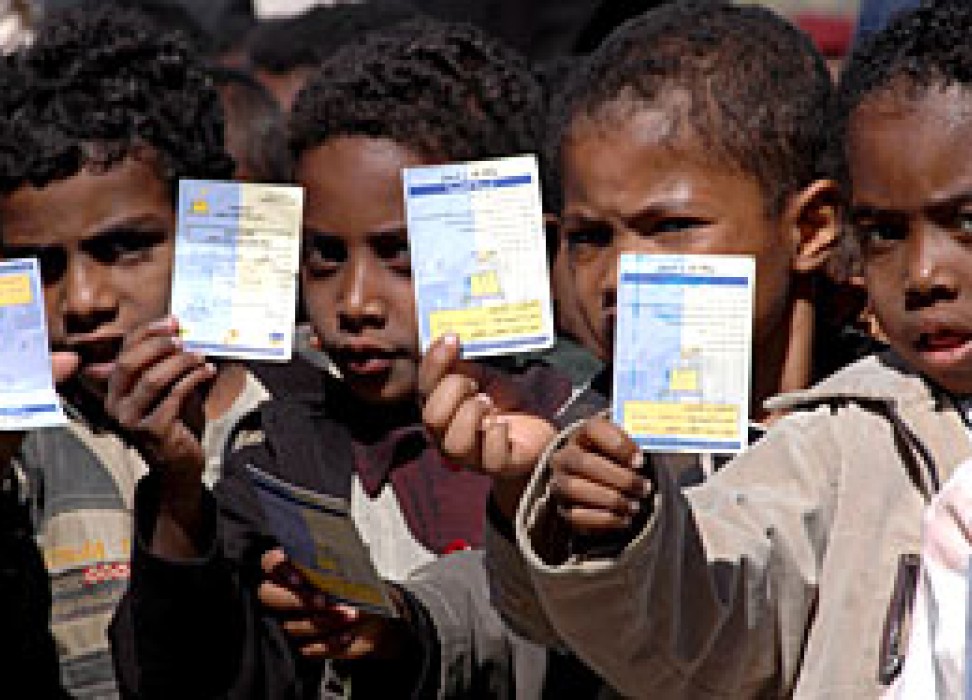
Supporters of the Optional Protocol to the Convention on the Rights of the Child have argued that the adoption of the communication or complaints procedure by States will close an important gap in the range of protection measures available to safeguard the rights of children. It offers children the same additional protection and opportunities to seek redress and remedies that are available to women, people with disabilities and migrants.
When the Protocol is ratified children will be able to take complaints of rights violations to a specialist international group – the Committee on the Rights of the Child. The Committee can ask States to provide interim protection for the children involved and if violations are proven can recommend appropriate actions to the State concerned.
Recommendations from the specialist Committees of experts which monitor the human rights Conventions are important in building a body of international jurisprudence which can assist in achieving development and reform of national legislation protecting the rights of the particular groups.
UN High Commissioner for Human Rights, Navi Pillay welcomed the vote by the UN General Assembly: “We see every day examples of a wide range of human rights violations against children – from discrimination to child trafficking to all forms of physical or mental violence. I encourage States to sign this Optional Protocol to give child victims of such violations direct access to an international human rights complaints mechanism.” Ratification by ten States is required before the additional communication procedure enters into force.
Chair of the Committee on the Rights of the Child, Jean Zermatten acknowledged that in reaching agreement on the Optional Protocol, States debated at length the capacity children have to make complaints to an international group. Some were very strongly for and some against, he said. Others felt children should communicate through their parents but “we know that parents are not always good representatives since they may have been involved in the conflict or are themselves the offenders. Very often the interests of the parents and the child are contradicting,” Zermatten said.
Central to the Convention on the Rights of the Child is the view that children have a right to express their views at any age. The Committee, in a General Comment on the right of the child to be heard, published in 2009, emphasized that States must presume that a child has the capacity to form views and a right to express them: it is not up to the child to first prove his or her capacity. Further, they are not required to have a “comprehensive knowledge of all aspects of the matter” affecting them, but rather a sufficient understanding to be capable of appropriately forming … views on the matter.” The Committee stressed that “simply listening to the child is insufficient; the views of the child have to be seriously considered when the child is capable of forming her or his own views.”
Zermatten says that, while in theory, children can complain directly to the Committee, it is far more likely that, “in practice, the vast majority of the complaints are likely to be submitted by representatives of the child, by lawyers, parents and others.”
A major objective of the Optional Protocol is to encourage States to take the necessary steps to offer children, whose rights have been violated, access to effective remedies at the domestic level. Zermatten says he believes the Optional Protocol will have that effect “indirectly”.
“As State parties will not be too interested in being judged by an international committee, they are likely to establish mechanisms of control at local and national levels in order to deal with the problem domestically. Some countries provide for such possibilities, but in many States parties it is very difficult for children to have direct access to courts and to appeal court decisions,” he said.
An international coalition of nongovernmental organisations (NGOs) which campaigned vigorously for the new procedure, the NGO Group for the Convention on the Rights of the Child has welcomed the adoption of the Protocol saying in a statement: “The international community has effectively put children’s rights on an equal footing with other human rights and recognized that children too, had the right to appeal to an international mechanism, just like adults.”
3 January 2012
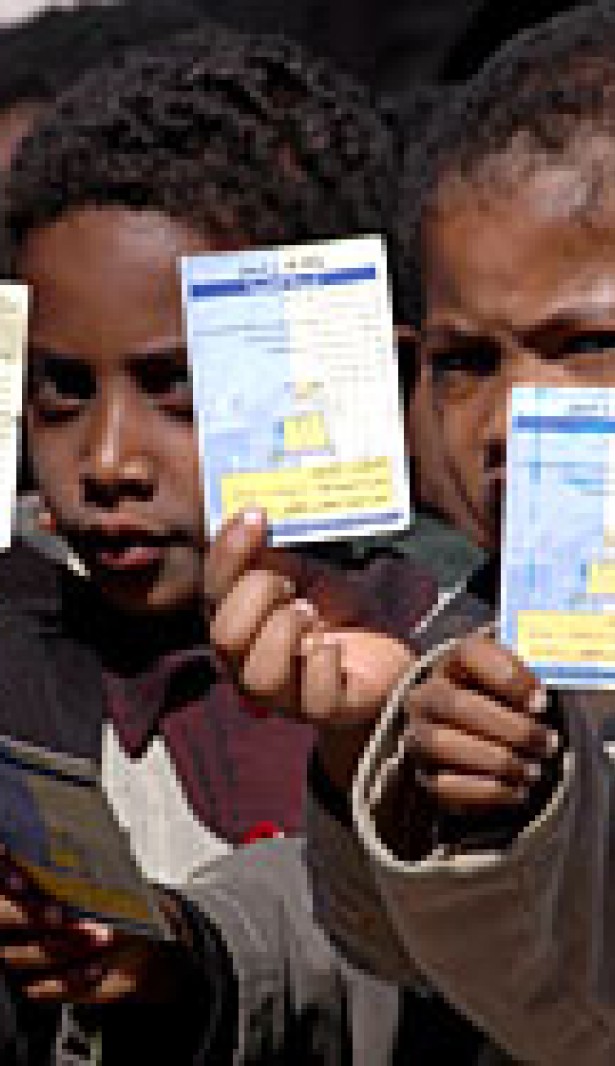
VIEW THIS PAGE IN:
